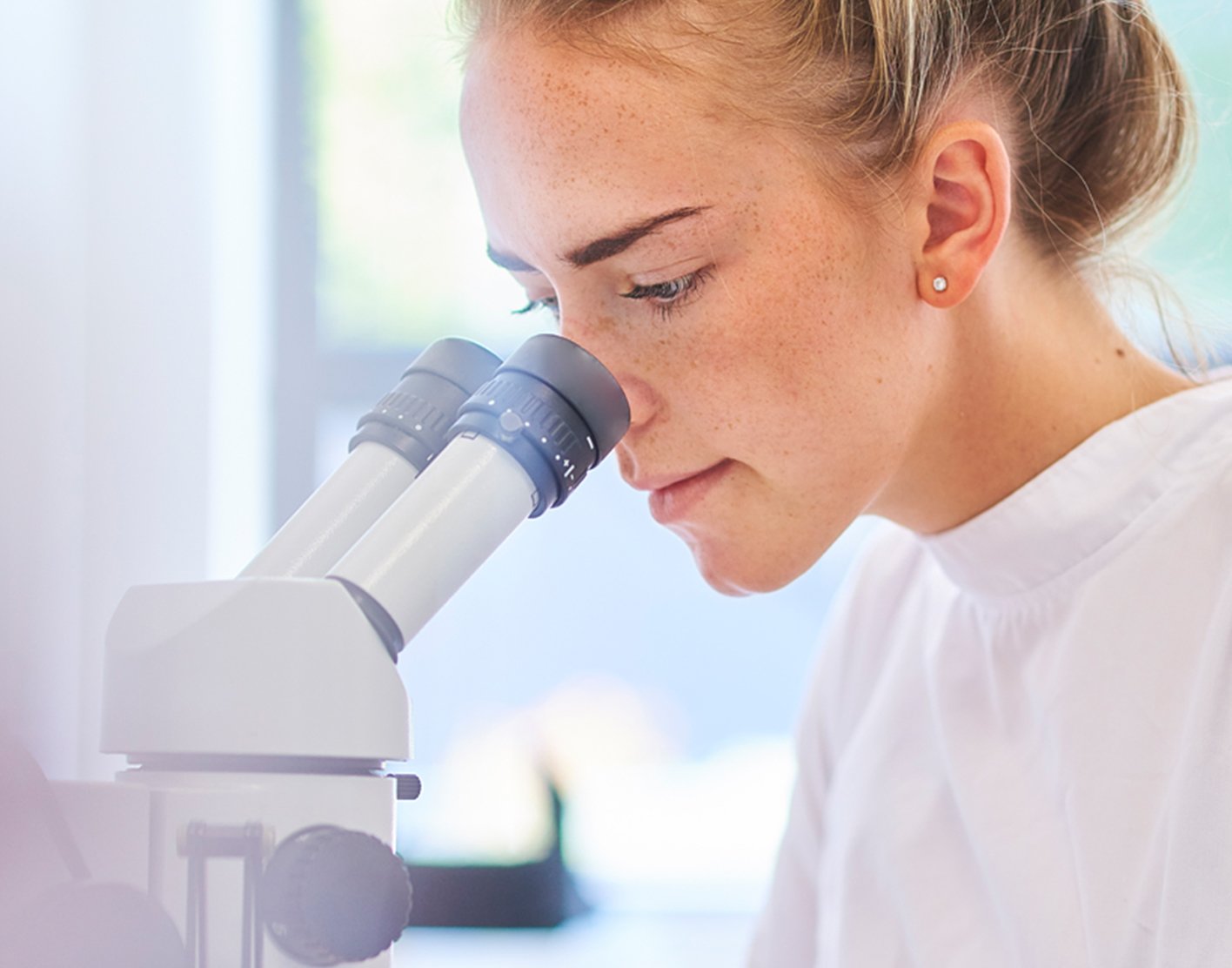
Mycobacterial culture
Definition
Mycobacterial culture is a test to look for the bacteria that cause
Alternative Names
Culture - mycobacterial
How the Test is Performed
A sample of body fluid or tissue is needed. This sample may be taken from the lungs, liver, or bone marrow.
Most often, a
A
The sample is sent to a laboratory. There it is placed in a special dish (culture). It is then watched for up to 6 weeks to see if the bacteria grow.
How to Prepare for the Test
Preparation depends on how the test is done. Follow your health care provider's instructions.
How the Test will Feel
How the test will feel depends on the specific procedure. Your provider can discuss this with you before the test.
Why the Test is Performed
Your provider may order this test if you have signs of tuberculosis or a related infection.
Normal Results
If there is no disease present, there will be no growth of bacteria in the culture medium.
What Abnormal Results Mean
Mycobacterium tuberculosis or similar bacteria is present in the culture.
Risks
Risks depend on the specific biopsy or aspiration being performed.
References
Fitzgerald DW, Sterling TR, Haas DW. Mycobacterium tuberculosis. In: Bennett JE, Dolin R, Blaser MJ, eds. Mandell, Douglas, and Bennett's Principles and Practice of Infectious Diseases. 9th ed. Philadelphia, PA: Elsevier; 2020:chap 249.
Rodino KG, Woods GL, Wengenack NL. Mycobacteria. In: McPherson RA, Pincus MR, eds. Henry's Clinical Diagnosis and Management by Laboratory Methods. 24th ed. Philadelphia, PA: Elsevier; 2022:chap 59.
Review Date: 31/12/2023
The information provided herein should not be used during any medical emergency or for the diagnosis or treatment of any medical condition. A licensed physician should be consulted for diagnosis and treatment of any and all medical conditions. Call 911 for all medical emergencies. Links to other sites are provided for information only -- they do not constitute endorsements of those other sites. Copyright ©2019 A.D.A.M., Inc., as modified by University of California San Francisco. Any duplication or distribution of the information contained herein is strictly prohibited.
Information developed by A.D.A.M., Inc. regarding tests and test results may not directly correspond with information provided by UCSF Health. Please discuss with your doctor any questions or concerns you may have.



























